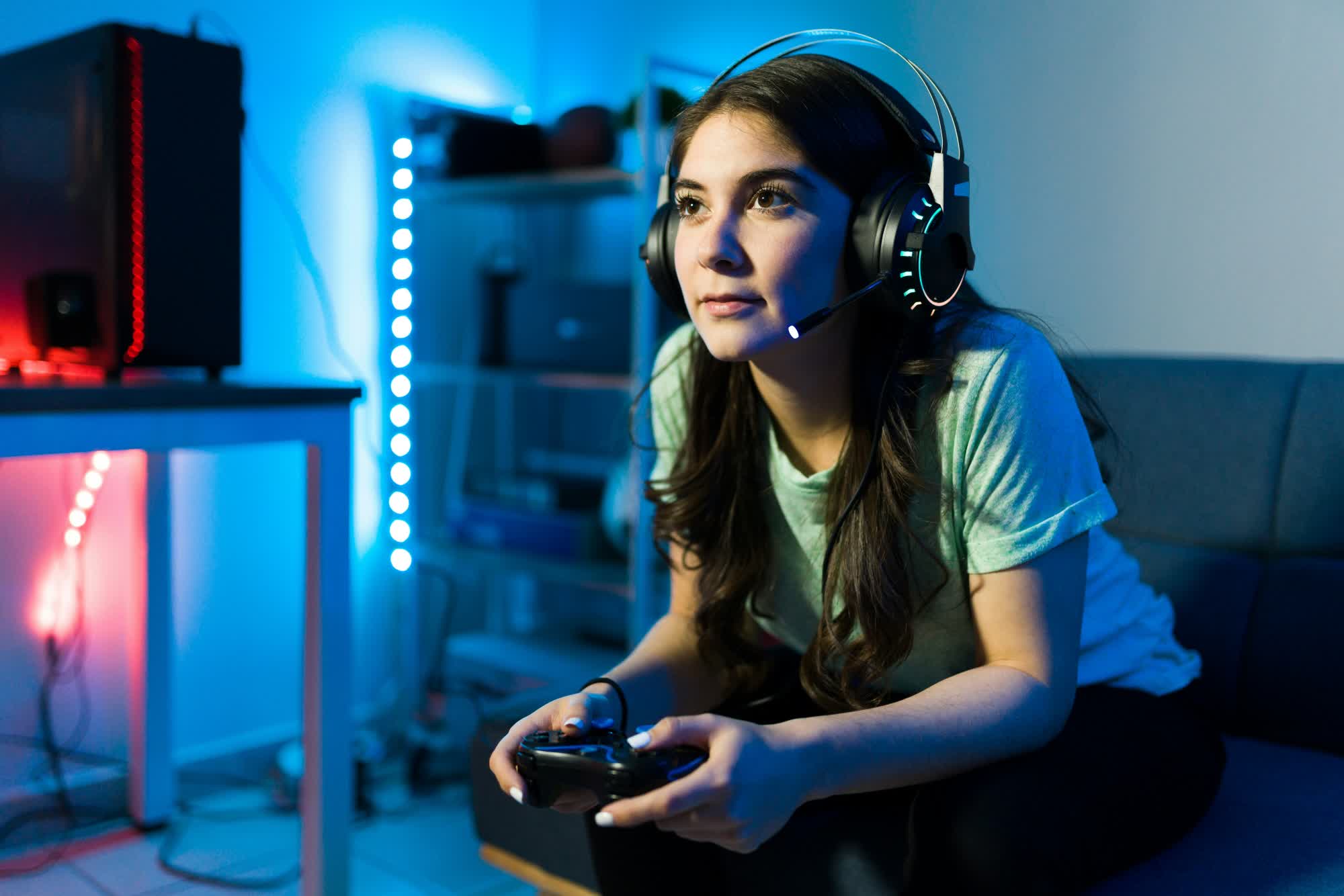Editor's take: Violent video games have long been blamed as the source of many societal problems. However, an increasing number of studies continue to show that gaming poses no significant threat to society or human health, and the latest adds an interesting new perspective to the ongoing debate.
A recently published study aims to dispel yet another myth about video games, showing that both violent and non-violent gaming sessions can effectively reduce stress levels. The research centers on A Plague Tale: Requiem, a rat-infested action-adventure game released by Focus Entertainment in 2022.
One of the study's key findings is that video games may serve as effective tools for stress relief. Researchers surveyed 82 individuals between the ages of 18 and 40, including 42 women. A significant majority (79 percent) reported prior gaming experience, with participants averaging four to five hours of gameplay per week.
Led by Gary Wagener, the research team first induced stress using the Socially Evaluated Cold Pressor Test, a well-established method introduced in 2008. The SECPT requires participants to submerge their non-dominant hand in ice-cold water for three minutes while being observed and questioned by researchers – an experience designed to create physical and psychological stress.
After completing the procedure, participants were split into two distinct groups. One group was tasked with playing two violent sections of A Plague Tale: Requiem on a PS5, while the other group experienced two non-violent scenes from the same game.
The researchers monitored participants using ECG readings, saliva samples, and questionnaires. The results were surprising: while the group that played violent scenes self-reported higher stress levels, the group playing non-violent passages felt more relaxed. However, physiological data revealed that both groups showed signs of reduced stress after the 25-minute gaming sessions.
"This dissociation between self-reported and physiological stress results suggests that people may assess their own state of arousal incorrectly," the researchers explained.
The difference may stem from how participants perceived the difficulty of the sessions. Violent scenes were likely seen as more intense or challenging, which could have influenced their self-assessments. Because the study focused on a single game, results might vary with other titles and genres.
Personally, I'd be very interested in seeing this kind of SECPT-powered research applied to games like Doom Eternal or Doom: The Dark Ages. The former, in particular, ranks among the most stress-inducing gaming experiences I've ever had.
